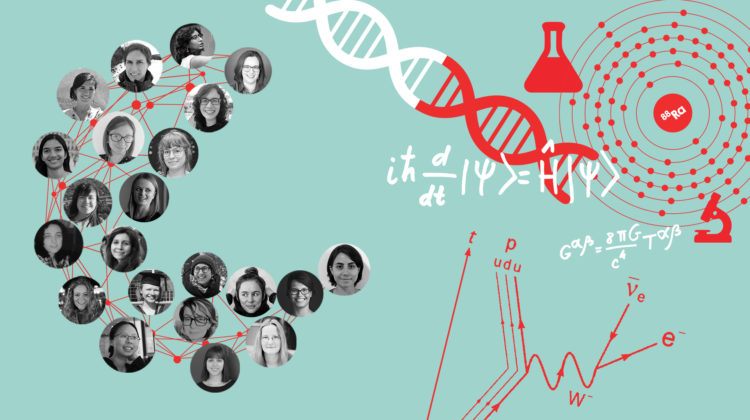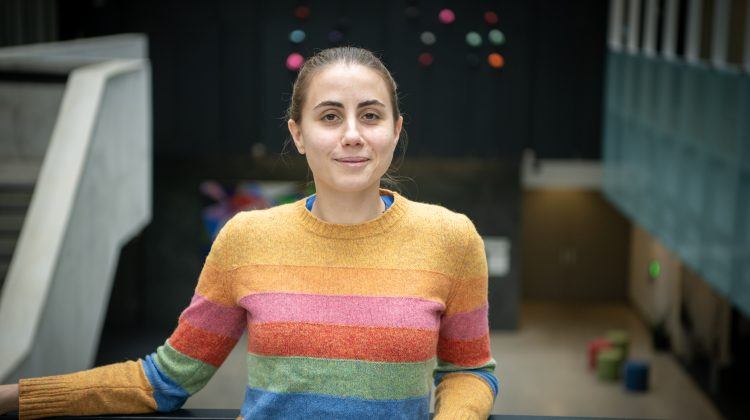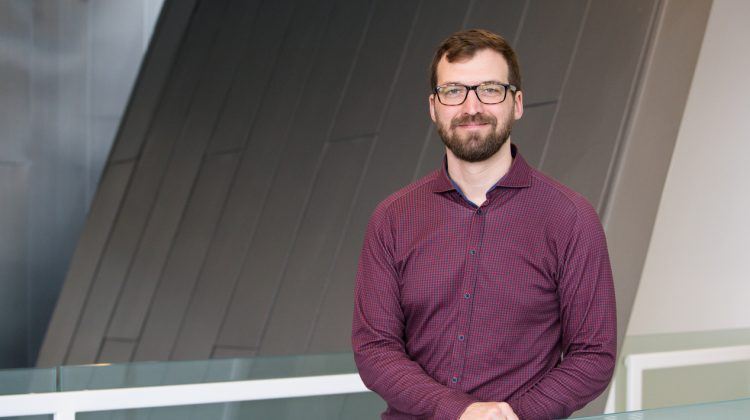A Material World – Building a Future from the Atoms Up: Rob Moore Public Lecture
Wednesday Apr. 4, 2018 at 7 PM ET
The live webcast will appear on this page
From the Stone Age to the Silicon Age, nothing has had a more profound influence on the world than our understanding of the materials around us. The Industrial Revolution of the 19th century and the Information Revolution of the 20th were fueled by humankind’s ability to understand, harness, and control materials.
Our ongoing quest to find and develop new kinds of materials, in hopes of tackling some of society’s most challenging energy problems, requires us to learn how to build materials from the atom up. Doing so means combining state-of-the-art technologies (such as growing thin-film materials) with cutting-edge techniques for probing the electron structure. Relatively recent advances in these fields have given researchers unprecedented understanding and insight into creating new materials with exotic and useful properties.
In his Apr. 4 public lecture at Perimeter Institute, Rob Moore will explore how the next great “age” of humankind may well be forged in this new quantum world of materials.
Rob Moore is Assistant Director of the Stanford Institute for Materials and Energy Sciences. He received a bachelor’s degree in mechanical engineering from Tennessee Technological University in 1994, after which he spent five years in the US Navy as a submarine officer aboard the USS Alaska (SSBN 732). He received a master’s degree in physics from the University of Washington, Seattle in 2002 and a PhD from the University of Tennessee, Knoxville in 2006.
General Information:
Attendance to the lecture is free, but advance tickets are required. Due to the overwhelming response to past lectures, tickets will be honoured until 6:45 pm only. If you have not arrived by 6:45 pm your reservation may be filled by guests in our waiting line, and you may be asked to join the end of the waiting line.
Waiting Line Experience:
There will be a waiting line for last minute cancelled (or ‘no show’) seats on the night of the lecture. Doors open at 5:30 pm. Come to Perimeter and pick-up a waiting line chit at the Waiting Line sign and then participate in pre-lecture activities – no need to wait in line. An announcement will be made in the Bistro at 6:45pm if theatre seats are available. Note: you must arrive in person to be part of the waiting line and be in the Bistro when the waiting line announcement is made.
No Disappointments:
Everyone who comes to Perimeter will be able to participate in the lecture. The public lecture will be shown simultaneously on closed circuit television in the comfort of the licensed Black Hole Bistro for any members of the waiting line who are not able to get a theatre seat.
Live Webcast:
Enjoy the live webcast of Perimeter Institute Public Lectures from the comfort of your own home. Join us at 7pm ET night of the lecture and be part of the online audience.
For most lectures, the on-demand playback will be online within 24 hours of the live event. Check Perimeter’s YouTube channel for the on-demand videos.

PERIMETER INSTITUTE RECORDED SEMINAR ARCHIVE
























































































